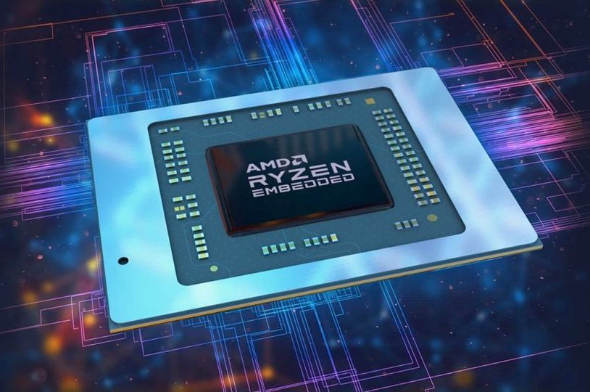Connection to DriversCloud Create a DriversCloud.com account Reset your DriversCloud.com password Account migration
Windows 11 would tend to limit AMD performance
Unsurprisingly, the release of Windows 11 is not easy for Microsoft... and some users, especially AMD platform owners.
Presented for the first time on June 24, Windows 11 is officially available since October 5. Never before has a Microsoft operating system - or any other for that matter - arrived on the market so quickly after its first "public release". This accelerated release is probably due to the work Microsoft has done upstream and to the relative proximity of Windows 11 to its predecessor, Windows 10. However, things are not "perfect" and Microsoft has to deal with some problems.
One of the most important and most annoying concerns, without a doubt, the notable performance concerns mentioned by the owners of AMD processors. Even before the release of the operating system, some of them were disappointed to see that Microsoft was "shunning" their processors: indeed, the Ryzen 1000 series are simply incompatible with Windows 11. We've known this for several months now, and despite the comments and criticisms, Microsoft hasn't changed its mind.
Even more disturbing is the fact that even the latest generation Ryzen processors like the 5000 series are experiencing problems with Windows 11. Several users have reported a drop of up to 10-15%. A concern that is fortunately not ignored by AMD, which quickly recognized the thing mentioning mainly two elements. First, AMD notes an increase in the latency of the L3 cache, up to 3x depending on the configuration. This latency too important has an impact of 3 to 5% on the performance in application and up to 10 - 15% in games.
AMD has identified a second problem that it describes as a " mismanagement of UEFI CPPC2 ": a feature that should theoretically identify the best cores of a processor, those capable of operating at the highest frequencies. The idea is then to distribute the load according to these frequencies to enjoy better performance. AMD specifies that this concern has an impact on " applications sensitive to the performance of one or a few threads " and concerns more particularly processors with more than 8 cores / 65 W of TDP.
After AMD, it is Microsoft that has recognized the two problems. AMD has issued a press release to clarify the position of both companies: " AMD understands that some users who have installed the initial version of Windows 11 on systems equipped with compatible AMD processors may / may notice an impact on the performance of some of their applications. AMD and Microsoft have identified two issues that the two companies are working closely on to provide the appropriate corrective updates as detailed here . So be patient, patches should be deployed before the end of October.






